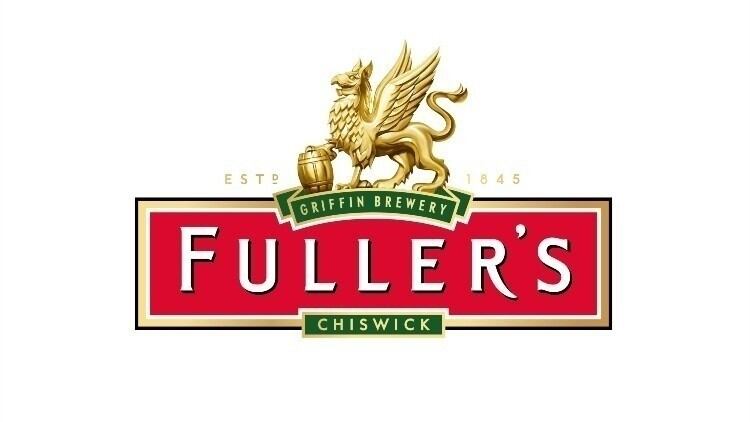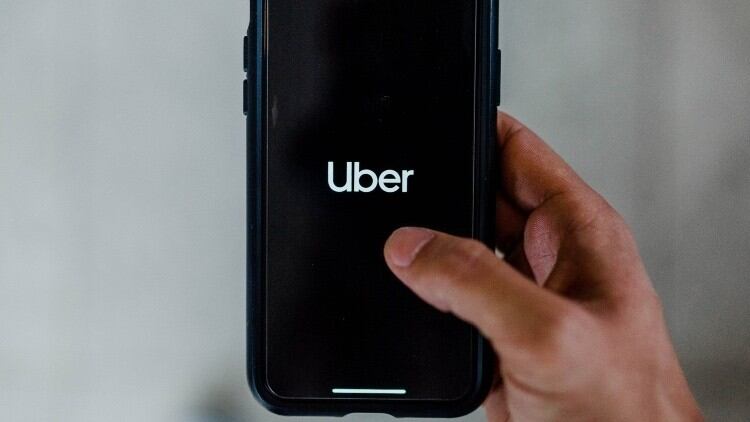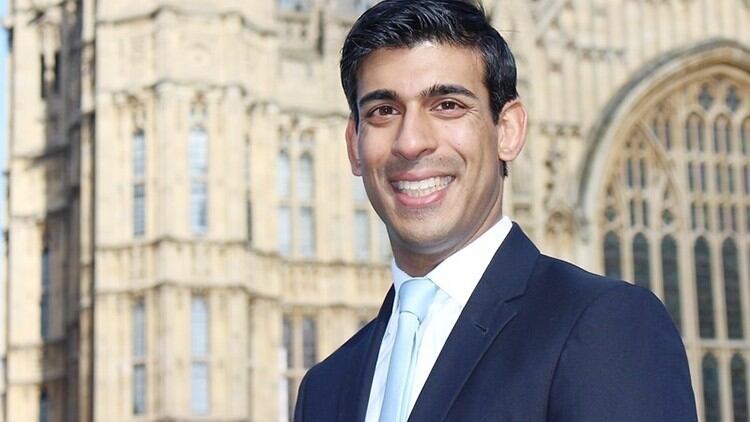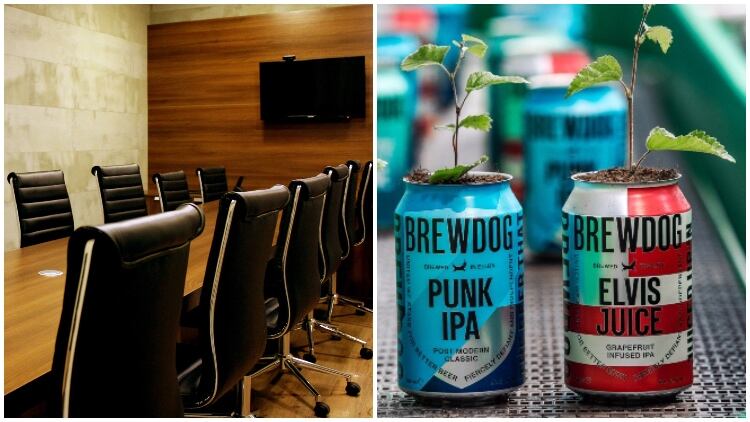Fuller’s finance director to step down
As reported by The Morning Advertiser’s sister title MCA Insight, Fuller’s finance director Adam Councell has informed the board of his intention to step down from his role at the pub and hotel operator.
Councell will take up a role with Marlowe plc – a security systems service company – but will remain in his current role, and on the board, until a successor has been appointed.
Fuller’s said a search for his replacement was underway.
The company’s board said that while it was “naturally disappointed” with Councell’s departure, “it would like to take this opportunity to express its appreciation for the contribution that he has made during his tenure with the company”.

NLW to rise to £8.91 from April
The national living wage (NLW) will be increased by 19p (2.2%) to £8.91 from April, Chancellor of the Exchequer Rishi Sunak has announced.
In the spring Budget on 3 March, Sunak outlined the Government’s plans for the economy as the country aims to recover from the coronavirus crisis.
The increased rate is equivalent to an additional £345 for year for employees working in a full-time job.
The current rate for the NLW (for those ages 25 and over) is £8.72 an hour and the latest rise is the smallest increase in recent years.
Petition to reopen hospitality as remote workspace launched
Work Anywhere Hub has launched a petition calling on Government to allow hospitality venues to reopen as Covid-safe workspaces for remote workers as part of its post-lockdown roadmap.
“We believe hospitality venues should not be forced to suffer any more. Across the country spaces lay empty,” founder and CEO of Work Anywhere Hub, James Santi – who has managed a restaurant in west London for close to 20 years – said. “If offices are allowed to be open then why can’t we?
“Work Anywhere Hub proposes that all venues be allowed to open as remote, Covid-safe workspaces until we are allowed to reopen to the public. This might not be until May so we need to be making use of our spaces now.
“Pubs, restaurants, cinemas, hotels, we all have space to rent and workers do not want to take public transport to travel to work, so let us open up as remote workspaces thus reviving our businesses, offering a safe environment for employees in which to work, and offering employers pay per day workspace locations to enable them to cut overheads.”
The petition’s launch comes after data from global intelligence platform Streetbees in September revealed that one-in-three Brits would be comfortable doing a days’ work from a ‘pub office’.
Research from the Centre for Economics and Business Research also estimated that working from home cost London’s hospitality businesses in the region of £2.3bn between March and June and would continue to cost around £178m per month as staff continued to work remotely.

Two-thirds of hospitality businesses face skills shortage
New research into the extent of the skills shortage by Search Consultancy has found that 68% of operators within the hospitality sector are feeling the strain from a lack of skilled workers.
The report adds that on average, businesses in the industry are 21% understaffed with the average lead time to hire a suitable candidate standing at just over three months.
Only the transportation, marketing, legal and sales professions fared better than the hospitality sector, however, with industries such as engineering and manufacturing, financial services, healthcare and construction by far the worst affected areas.
As a result of the skills shortage across all industries, more than half (52%) of managers say staff have to work longer hours.
Rich Westhead, managing director of hospitality at Search Consultancy, said: “The past 12 months have turned the hospitality industry on its head and now we can see a light at the end of the tunnel, it is impossible to predict how this has impacted the skills shortage.
“People working within hospitality have often had to find alternate work during Covid-19 and this raises the question whether they will return to the sector once bars and restaurants re-open.
“Combining Covid-19 with Brexit, it has created the perfect storm for a skills shortage in hospitality and with demand for hospitality potentially increasing from 0% to 100% come 21 June, it’s a gap that may urgently needs plugging.”
Could Uber’s Supreme Court case put the brakes on pubs, bars and restaurants?
With a sizeable portion of the hospitality revenue hailing from similar models to those picked up in The Supreme Court’s recent Uber ruling, how might we expect businesses to be impacted by the decision?
The Supreme Court’s landmark decision in the Uber case, which ruled that the company’s drivers are workers for the purposes of UK employment law, is going to be hugely significant for businesses across the gig economy sector.
With large swathes of hospitality reliant on similar models – or working with services that utilise them – how might we expect the sector to be impacted?

JDW and M&B among pubcos to claim most furlough in December
JD Wetherspoon and Mitchells & Butlers were among the pub companies to claim the most through the furlough scheme in December 2020.
Figures published by the Government indicate the amount claimed by the country’s largest pub companies within a banded range.
Under the Coronavirus Job Retention Scheme, (CRJS) the Government contributes 80% towards wages of staff who cannot work amid the pandemic.
Pubs were hit by a regional tier system in December, following England’s second national lockdown.
Stringent rules limited socialising between households, tightened rules on the sale of alcohol and instigated a curfew for drinkers, with tougher measures for areas reporting high coronavirus numbers.
Most of the country had been placed into the most severe restrictions days before Christmas, meaning pubs were forced to close.
Chancellor confirms furlough continuation with employer contributions from July
Chancellor of the Exchequer Rishi Sunak has confirmed the Coronavirus Job Retention Scheme (CJRS) will be extended until the end of September and employers will be asked to partially pay towards hours worked from the summer.
The scheme, which pays up to 80% of a workers' wage up to £2,500, has been extended numerous times previously and was due to finish at the end of April.
The Chancellor originally announced the CJRS (known as furlough) as the pandemic hit the UK in March 2020.
This first phase was due expire in May 2020 but was extended until June and then was continued until October and the 'flexible furlough' was also introduced in July, allowing employees to work part-time and be furloughed part-time.
The scheme was then extended into a third phase from November 2020 until March 2021, and this was followed a further extension to 30 April 2021.





